

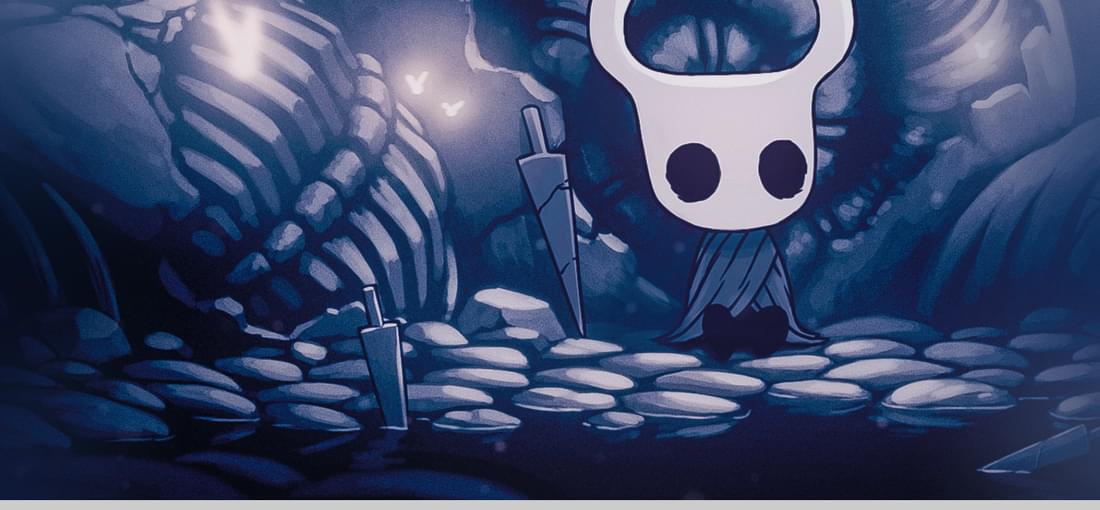
I am not really into platforming and I'm not that great at it either. I had close to no experience with Metroidvanias. And let me tell you, this game was unbelieveably hard for me. Even the first of the bosses gave me agony. Yet I persisted, not because I was so stubborn but because I loved the game so much. I loved the art and atmospere and art, and small bits of lore. I loved the exploration and well-placed hidden secrets. In the end, it made me love the agony the game made me go through to reach the goal. Now it's certainly my favorite game of all time, with 3 playthroughs complete, and I enjoy it more than ever before. The game made that to me despite my absolute inability with genre. I guess that means something.
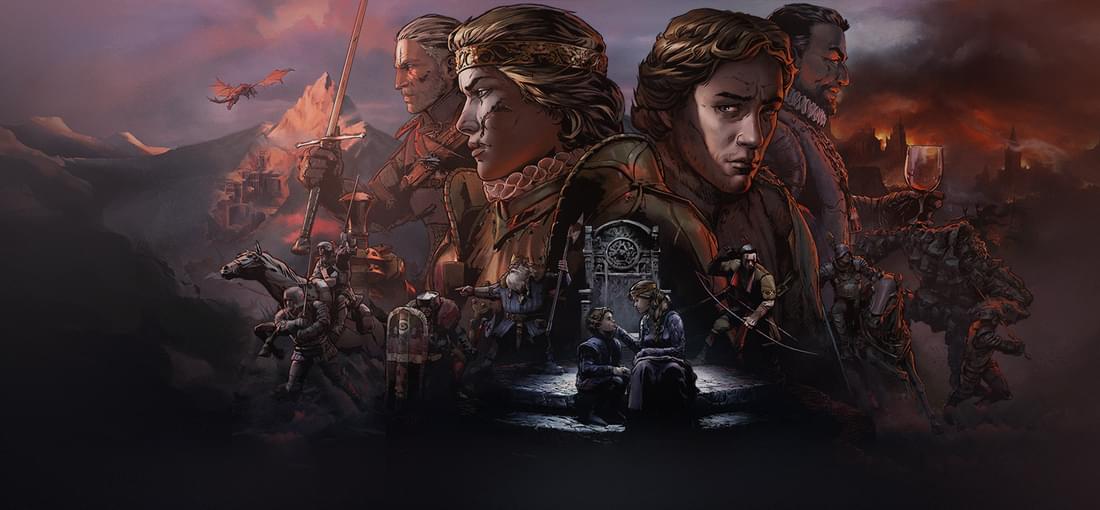
I'll be honest with you - I kind of enjoyed this game. But what's important is why I enjoyed it, and the reason is: I like Gwent, and this game mostly consists of the same Gwent experience. However, it's not sold as a Gwent expansion in store, but rather as an "New RPG from the same people who made The Witcher". I understand marketing purposes but it's NOT and RPG. It has next to no RPG elements, and, in fact, everything about this game that's not about Gwent is close to abysmal. Overworld map is boring, upgrades are lazily designed, dialogue is, while abundant, really watered down. The change of character animations with the "darkening" going upwards looks so horrible that I honestly expected it to be changed by release when I saw the trailer. The Gwent in this game is good and that's what makes it good. But unless you like Gwent - beware this game and beware insincere reviews.
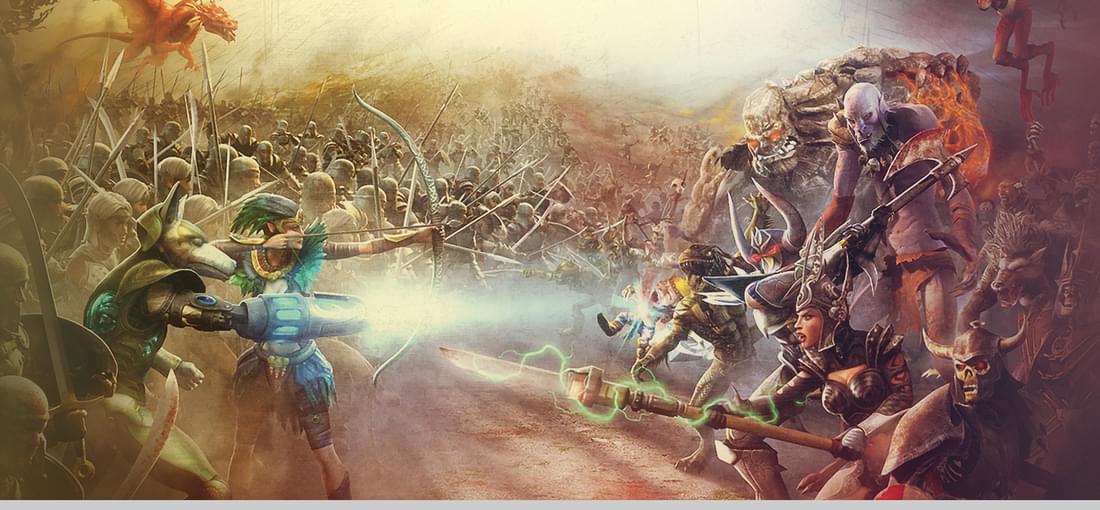
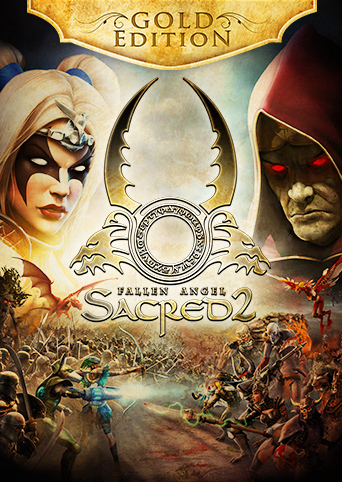
If I ever saw the world that exist solely with a purpose to be cleared for loot and xp, that's it. If I ever saw the quests that require literally no thought other than following the quest marker, that's them. If I ever saw opponents being nothing else than walking hp bars that you have to empty - that's this game. It might have nice visuals and beautiful design but oh my it lacks the meaningful content. You could spend dozens of hours in what feels absolutely mindless, as neither quests, nor combat, nor exploration are fun. Quests are basically "kill stuff"/"interact with object"/"go to a certain point", with rarely any interesting story at all. Combat feels like just casting the same spells until the target dies. Exploration? Well, considering that all rewards are random and most locations are absolutely boring, it's not worth it. And oh how much time it all takes between some grains of relatively fun content like main quest's story. Adding to all those issues is the interface. It might've been okay when resolutions were lower. In full hd, this is a torment to the eyes as everything is so small and some things like runes are really hard to discern from each other.
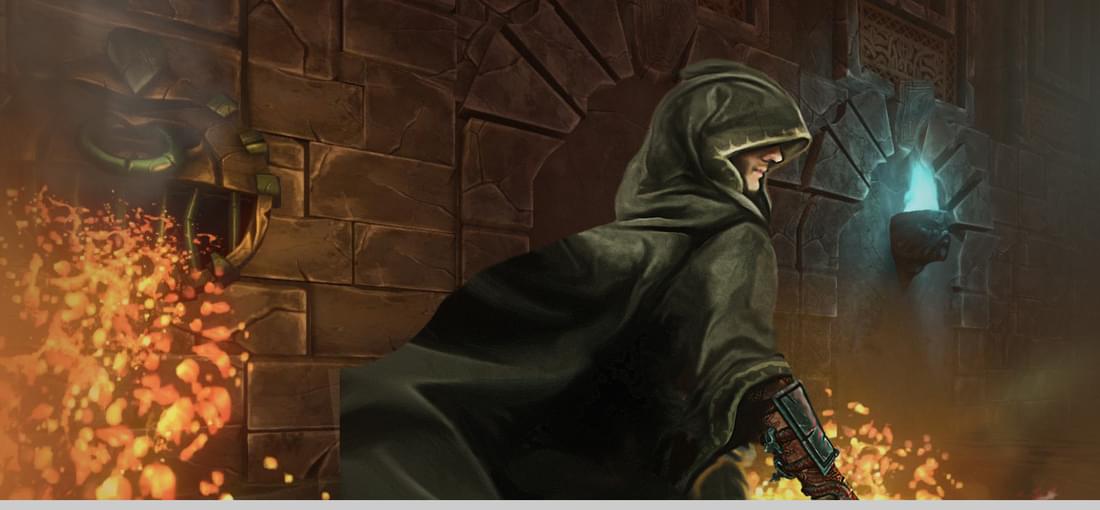
I can't say that the game impresses me in any way or it opens any kind of new horizons. But it does deliver the same kind of fun that old-scholl first person shooters like Doom do. It is kind of short however and replayability isn't really there as you will see most of what you can see in the first successful playthrough and characters, though varied, play in a similar way. Other than that, you can have a hell of a lot fun in fast-paced fights agains dozens of enemies throwing tons of bullets at you.
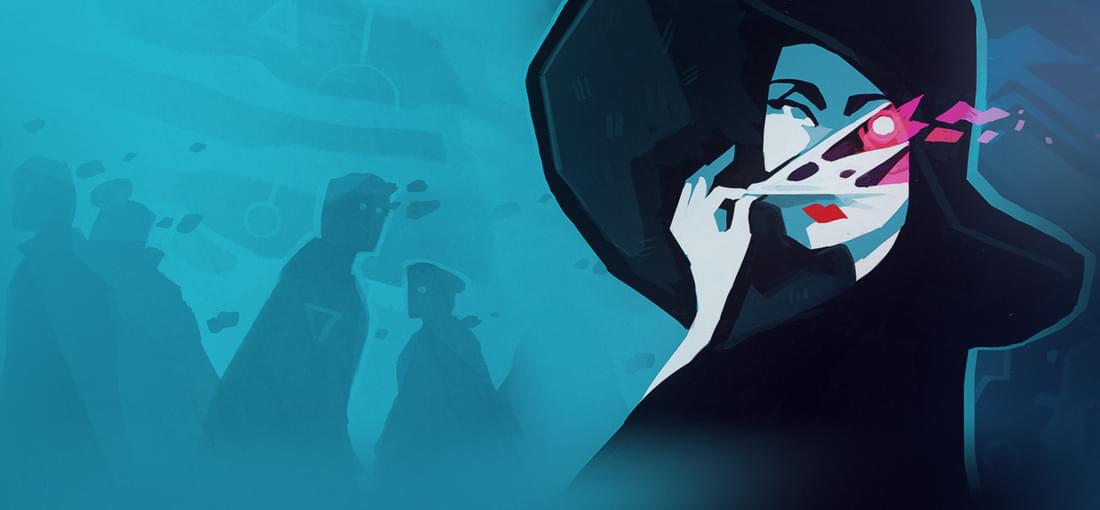
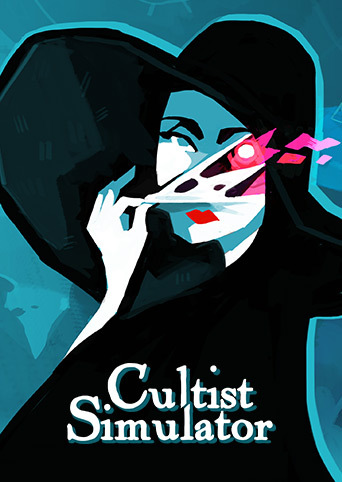
To those who dislike the game for being hard to understand - that's the way it's supposed to be. It's supposed to be cryptic, confusing, strange. It's, after all, a game about occult knowledge. That being said, the clunkiness of interface is obviously not intended and I hope that they will change it with updates. Moving dosens of cards around can be really annoying, as well as searching for the ones you need among the mess that is your table. However, if you can get over it, the game reveals you a marvelous universe full of surprises, with the same excelent writing that Alexis Kennedy was known for before. The writing that keeps you in a strange state of mind, keeps the feeling that there are great secrets nearby. It's just beautiful.
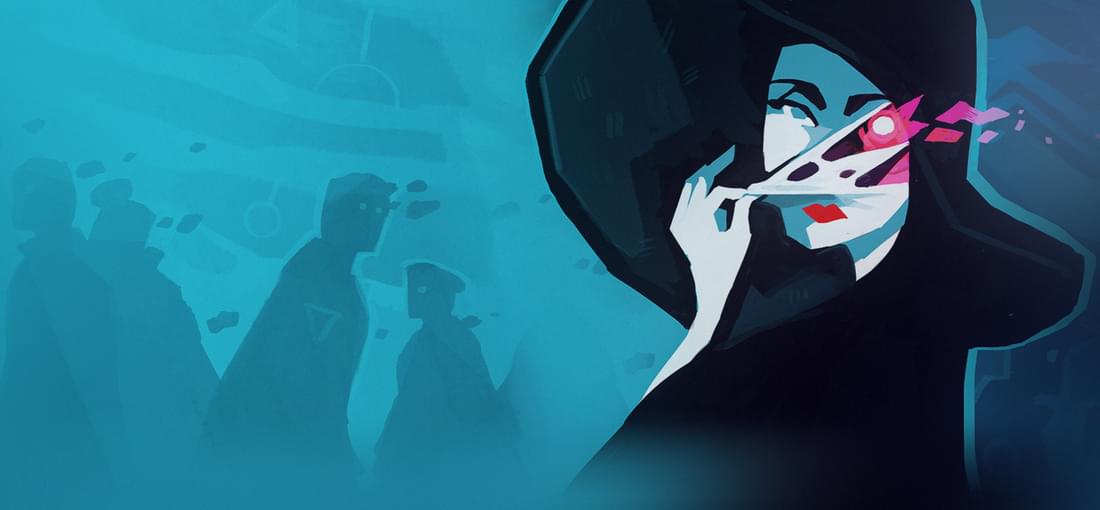
To those who dislike the game for being hard to understand - that's the way it's supposed to be. It's supposed to be cryptic, confusing, strange. It's, after all, a game about occult knowledge. That being said, the clunkiness of interface is obviously not intended and I hope that they will change it with updates. Moving dosens of cards around can be really annoying, as well as searching for the ones you need among the mess that is your table. However, if you can get over it, the game reveals you a marvelous universe full of surprises, with the same excelent writing that Alexis Kennedy was known for before. The writing that keeps you in a strange state of mind, keeps the feeling that there are great secrets nearby. It's just beautiful.
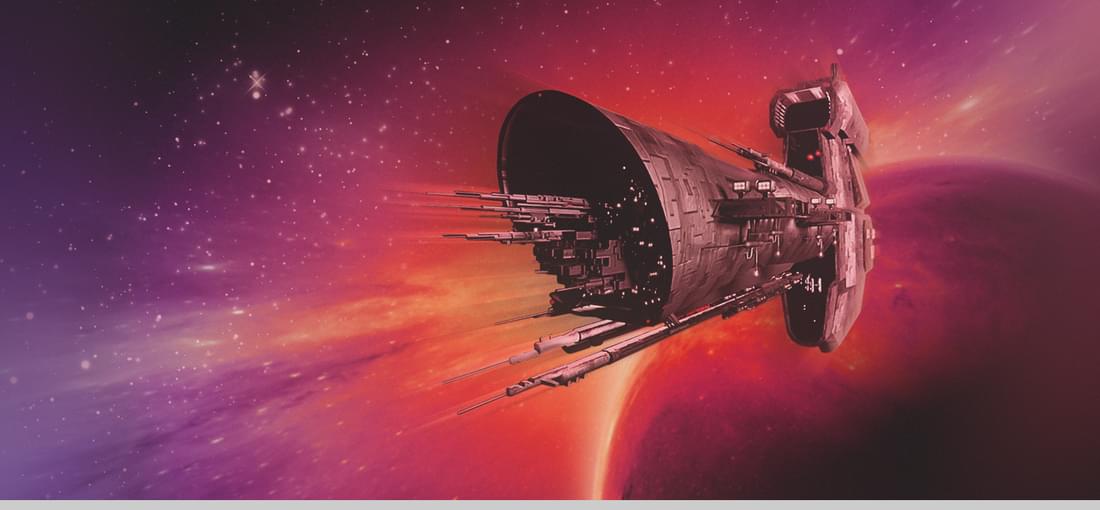
This game has some nice things about it. OST is pretty good, and graphics are (considering its age) quite amazing. It can be fun but there are lots of annoying things. For instance, the game never bothers to explain you anything about how it works. And I don't mean "explain how to win", I mean literally basic mechanics. Say, there are governors of planetary systems. They have "skills" in domestic policy, espionage, research and fleet, represented by percentages. Those skills tend to grow over time. What do they affect? Do they affect anything at all? I make an assumption that they affect production of money, science, etc but the game doesn't tell me that and I'm still not sure. Then, you can assign those governers as one of 4 advisors: domestic, fleet, science, foreign, and they get a single number that corresponds to one of their skills. Does it affect anything? If so, what exactly? I assume that science advisor increases science production, and domestic most likely increases money production, but what about fleet? Does it increase ship accuracy? Damage? HP? Building speed? Ship XP gain? All of that? Or, say, there is a shield module that says that it regenereates 20 HP per round. And the combat is real-time. So, how much is "round"? It's important as it can make a difference between shield being pretty good and absolute crap. Or a module that "decreases lock-on bonus and missile tracking bonus". It goes up to -150% and there is no other mention of those bonuses, specifically no way to increase them. So, how does it work? And what in hell is "lock-on bonus" at all? And so on, and so forth. My second problem is AI being very stupid and very stubborn. It can keep sending transports to colonize absolutely irrelevant planet just for you to wipe this planet out 10 seconds later. It can send tons of small fleets that are destroyed by absolutely anything but there's so many of them that it gets really annoying. The reasoning behind AI declaring war are an absolute mistery to me. Not that there's much reason for allying anyway. The balance seems weird as well. Late-game "special weapons" have maximum possible range, damage 3 times higher than the best rockets, high fire speed and can also target planets. They make absolutely all other weapons obsolete, yet there are still technologies for rockets or bombs that cost as much research as the best of special weapons. So, in the end, the game can be fun for a while but it quickly gets annoying over time. But the music is nice.
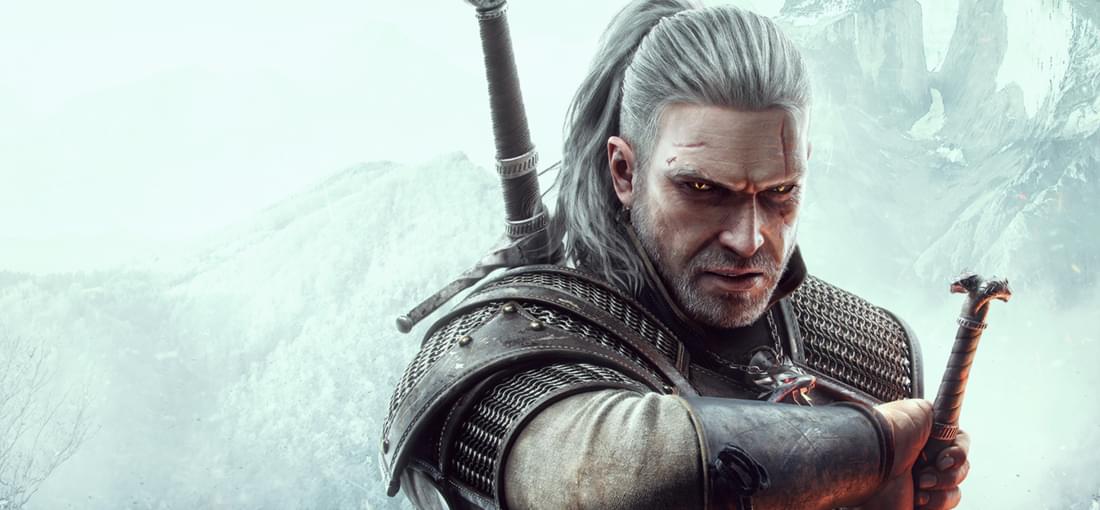
I realise that this review is going to differ from the majority. The reason for this is, when a game attracts me, I have to examine it as thorougly as I can. I have to get as intimate with it as possible, explore the world in all its details, learn the intricacies of roleplay system. In this case, this close look is what disillusioned me. Yes, most of the game is kind of nicely done. But that's all about it, all there is is a refinement onto a piece of quartz that makes it look like diamond but can never make it into a real diamond. Everything is just "okay", but never more than that. Combat system? The animations look nice but if you look just a little closer you'll see how generic it is. There are dozens of games where the combat system is almost entirely the same. Character development? Well, it's okay, there are a couple dozen of perks that seem to offer you different ways to build a character. If you look just a little deeper, you'll see, however, that so many perks are absolutely useless and just as many are terribly boring, like +5% damage. Almost none of them actually change the gameplay in a meaningful way (notable exception being the Whirl and some alternative spell modes) and some of them make no sense. Dialogue? Well, it's actually pretty well written, and there seem to be several options. However, most of the time options change nothing in the course of dialogue and when you actually have a choice it's unclear what consequences. Notable example being a dialogue option "push Dijkstra aside" resulting in Geralt breaking Dijkstra's leg and as a long-term consequence blocking a whole questline that could affect the ending. Or dialog option "you don't have to always be the best" when talking to Ciri that results in Geralt and Ciri getting drunk and potentially resulting in a bad ending. Open World? Oh boy, now that's a problem. Speaking strictly in numbers, the world is huge, and the amount of locations is overwhelming. It's only when you actually start exploring this world you notice how it serves no meaning. So many locations are almost the same, like crates with generic bandits running around or a nest of monsters with several monsters around. Those serve literally only so that you can come and get your XP and loot. They tell no story, they add nothing to the context of the world, you could literally replacy and of those monsters' nests with some other monsters' nest and no one would notice. Once in maybe a hundred you would actually find something cool, like a stone circle with an elemental and a dead summoner but that's really rare. Quests? Well, there are some nice quests and the stories can be compelling. But when it comes to gameplay, oh my. Developers seem to think that if they gave Geralt witcher senses (which is basically a special mode that highlights tracks, small quest-related objects etc), then it means every single quest has to involve player using them. This makes me ask, how in the world do protagonists of all those games without witcher senses can possibly complete a single quest? Story? Yeah, in comparison to most of the games, the story is pretty good. On the other hand, the game inherited a really rich and awesome world from Sapkowski's books and that's what makes most of the story. In comparison to the potential of the story that can be performed in this setting (example being, obviously, books themselves), the story is shamefully lacking. Many concepts like White Frost, are oversimplified. Many ideas that were meant to be vague (like why actually was Adda born as a striga) are made straightforward. And making Wild Hunt into antagonist is really cheap. In books, the most horrible monster was always a man. Leo Bonhart and Vilgefortz were both regular people. Here, the enemy is an invader from other world, wearing skeleton-like armor and causing cold wherever it goes. As cheap as any other evil lord. I can't call the game "bad". It would be unfair. But I can't close my eyes to the fact that all the refinement, in the end, masks the lack of preciousness, of uniqueness. I can't close my eyes to the fact that the game is only good until you start examining it thoroughly. Afterwards, it's just "okay". A flashy, highly polished piece of quartz.